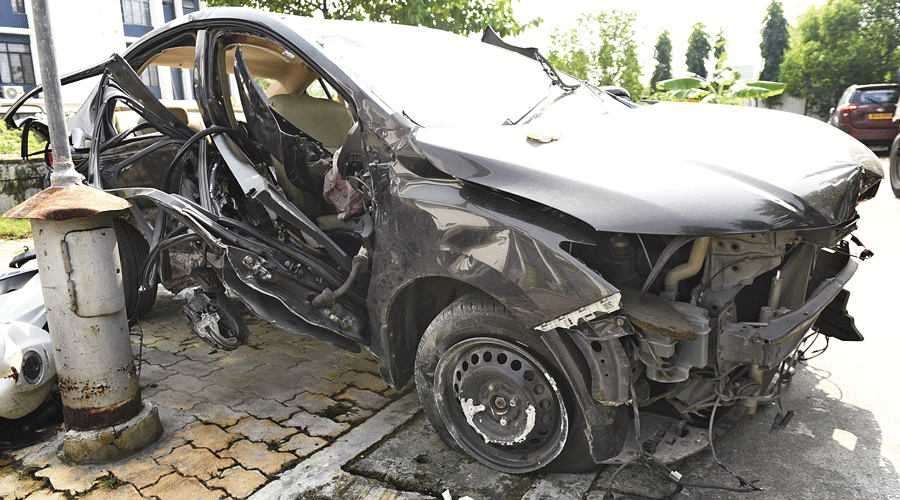Car manufacturers are liable to pay compensation if the airbags fail to open in time during a collision, the Supreme Court has ruled.
The bench of Justices Vineet Saran and Aniruddha Bose passed the verdict while dismissing an appeal from the carmaker Hyundai Motor India Limited against a ruling by the National Consumer Disputes Redressal Commission.
The commission had upheld the Delhi State Consumer Disputes Redressal Commission’s award of a Rs 3-lakh compensation to a consumer and its directive to the company to replace his Creta VTVT SX vehicle.
“We do not find that there is any error in the findings of the two fora (commissions) as regards there being defect in the vehicle,” the bench said.
Car owner Shailendra Bhatnagar had said the airbags hadn’t opened in time when the Creta, which he had bought on August 21, 2015, met with an accident on the Delhi-Panipat Highway on November 16, 2017. This caused him to suffer injuries to his head, chest and teeth, he added.
To Hyundai’s references to angles of impact and forward longitudinal axis in its explanation of why the airbags did not open in time, the court said consumers were not meant to be experts in physics who can calculate beforehand, from velocities and angles, that the airbags would not open.
Hyundai said the deployment (opening) of airbags depends on factors such as vehicle speed, angle of impact, and the density and stiffness of the other vehicle or object with which the vehicle collides.
It argued that the SUV was designed to deploy the front airbags only when the impact was sufficiently severe and the impact angle was less than 30 degrees from the forward longitudinal axis of the vehicle. (That is, the airbags would open only if the collision was head-on or, at least, the angle of collision was not too wide.)
The company also referred to a variety of circumstances in a collision that may keep the airbags from opening.
Writing the judgment, Justice Bose said that in normal circumstances, there would be no way of identifying the defect before a collision had taken place.
“In this case, the safety feature of the vehicle fell short of the quality of fitness as was represented by the manufacturer by implication…. Ordinarily a consumer while purchasing a vehicle with airbags would assume that the same would be deployed whenever there is a collision from the front portion of the vehicle (in respect of front airbags),” the court said.
“Deployment of the airbags ought to have prevented injuries being caused to those travelling in the vehicle, particularly in the front seat…. Our view is that a direction for replacement of the vehicle is justified…. That the consumer has got the car repaired on insurance money would not impact the quantum of damages, which is partly punitive in nature in this case.”
The court also clarified the technical point that “vehicles are goods within the meaning of Section 2(7) of the Sale of Goods Act, 1930, and they carry implied conditions as to their fitness”.











